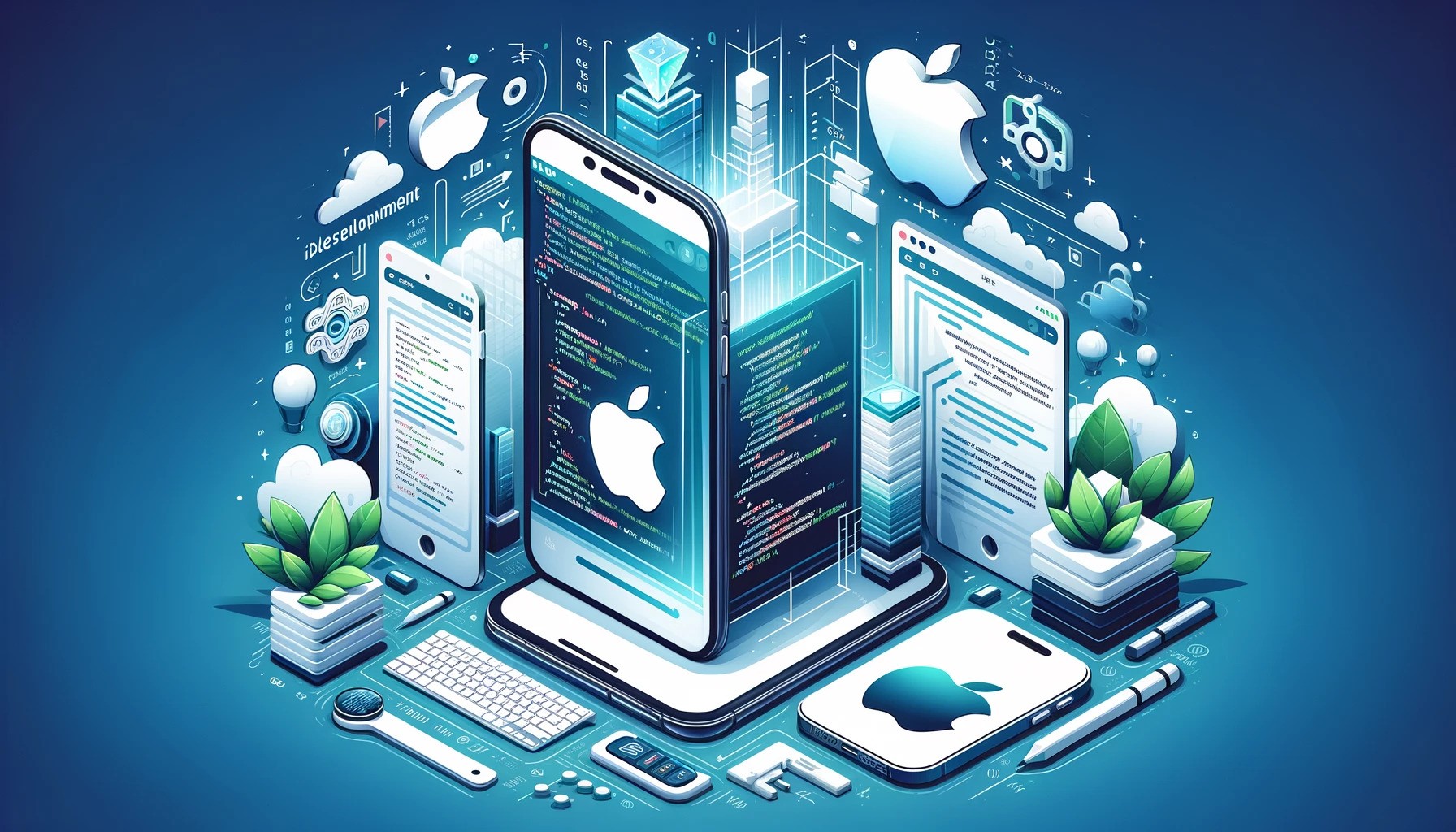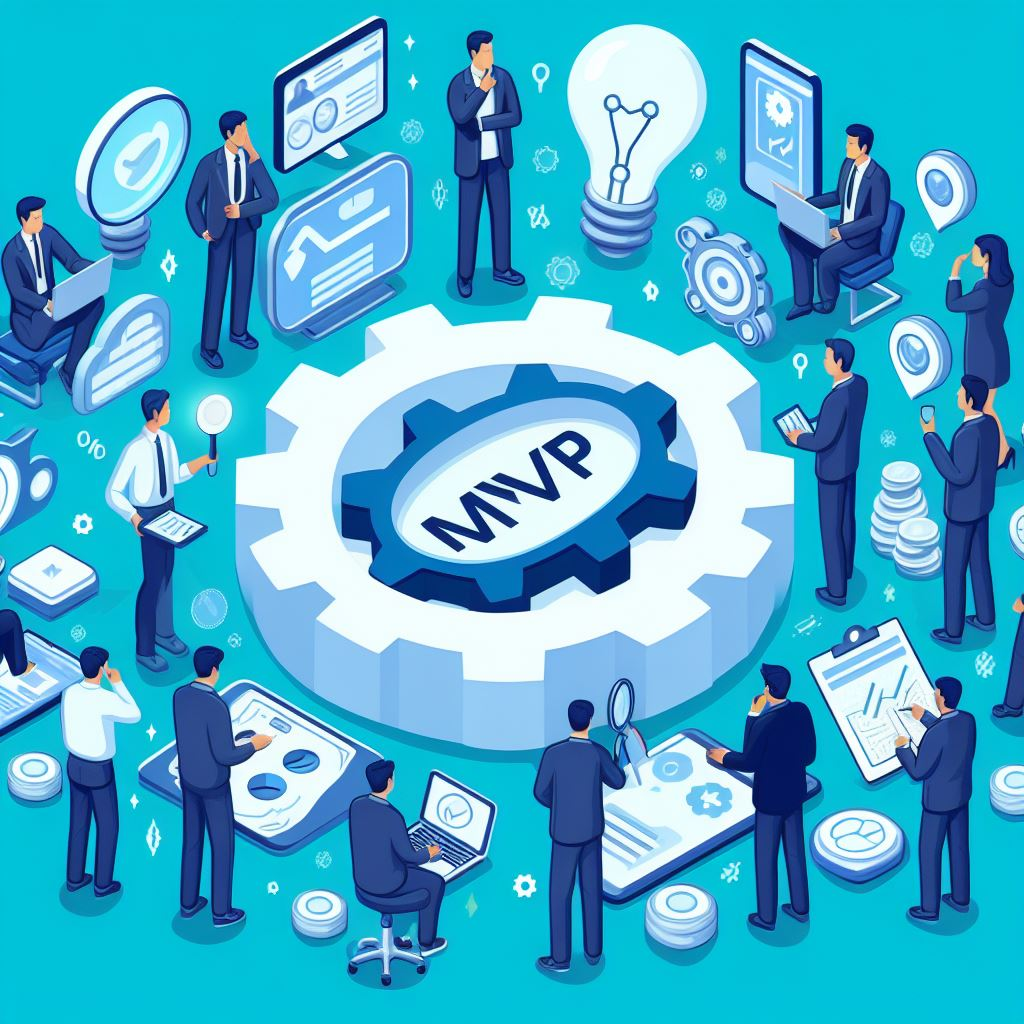Mastering Custom iOS App Development: A Comprehensive Guide
 |
In today's fast-paced digital landscape, having a robust mobile presence is paramount for businesses aiming to stay ahead of the curve. With the ever-increasing popularity of iOS devices, custom iOS app development services offer a unique opportunity to cater to the diverse needs of users while aligning with your business objectives.
Understanding the Essence of Tailored iOS Solutions
Custom iOS app development involves the creation of mobile applications specifically designed to meet the unique requirements and preferences of your target audience. Unlike off-the-shelf solutions, custom apps are meticulously crafted to reflect your brand identity, streamline operations, and enhance user experience.
The Process of Custom iOS App Development
The journey of creating a custom iOS app begins with a deep understanding of your business goals, target audience, and market trends. From initial brainstorming and design to development, testing, and deployment—each phase is carried out with precision to ensure a seamless and engaging user experience. If you’re looking to build a standout app, consider working with an expert—Hire iOS Developer from SolGuruz to bring your vision to life.
Here's a detailed breakdown of the process involved in custom iOS app development:
1. Requirement Analysis:
- The initial phase involves gathering requirements by closely collaborating with the client to understand their business objectives, target audience, and unique needs.
- This stage also involves conducting market research to identify industry trends, competitor analysis, and user preferences.
2. Conceptualization and Planning:
- Based on the gathered requirements and research insights, the development team conceptualizes the app's features, functionalities, and overall design.
- A detailed project plan is created, outlining the development roadmap, milestones, and resource allocation.
3. UI/UX Design:
- The design phase focuses on creating a visually appealing and intuitive user interface (UI) that enhances user experience (UX).
- Wireframes and mockups are created to visualize the app's layout, navigation flow, and interactions before proceeding to the development stage.
4. Development:
- The development team begins coding the app according to the approved design and functionality specifications.
- Custom iOS app development involves writing clean, efficient code using programming languages such as Swift or Objective-C, adhering to Apple's guidelines and best practices.
5. Integration of Features:
- Features such as user authentication, data storage, push notifications, and third-party integrations are implemented into the app as per the requirements.
- APIs (Application Programming Interfaces) may be utilized to connect the app with external services or databases.
6. Testing and Quality Assurance:
- The app undergoes rigorous testing to identify and fix any bugs, errors, or performance issues.
- Various testing methodologies, including functional testing, usability testing, compatibility testing, and performance testing, are employed to ensure the app functions flawlessly across different devices and scenarios.
7. User Acceptance Testing (UAT):
- The app is tested by a select group of users or stakeholders to gather feedback and validate its usability, functionality, and overall user experience.
- Feedback obtained during UAT is used to make any necessary adjustments or refinements before the final release.
8. Deployment:
- Once the app has passed all testing phases and received approval from the client, it is prepared for deployment to the App Store.
- The necessary certificates, provisioning profiles, and metadata are configured, and the app is submitted to Apple's App Store Review for approval.
9. Post-Deployment Support and Maintenance:
- Even after the app is launched, the development team provides ongoing support, monitoring, and maintenance to address any issues, implement updates, and ensure the app's continued performance and security.
10. Optimization and Iteration:
- Based on user feedback, analytics data, and evolving business requirements, the app is continuously optimized and updated with new features and improvements through iterative development cycles.
Key Features to Consider in Custom iOS App Development
When embarking on the development journey, it's essential to incorporate key features that resonate with your audience and add value to their lives. These may include intuitive navigation, personalized content recommendations, seamless integration with third-party services, and robust security measures.
Here are key features to consider in custom iOS app development
1. Intuitive Navigation:
- Ensure the app's navigation is intuitive and user-friendly, allowing users to easily find what they need without confusion.
- Implement clear and hierarchical navigation structures, intuitive gestures, and consistent UI elements for seamless navigation across the app.
2. Personalized Content Recommendations:
- Utilize user data and preferences to deliver personalized content recommendations tailored to each user's interests and behavior.
- Implement algorithms and machine learning techniques to analyze user interactions and suggest relevant content, products, or services.
3. Seamless Integration with Third-Party Services:
- Integrate seamlessly with popular third-party services and platforms such as social media networks, payment gateways, mapping services, and cloud storage providers.
- Utilize APIs and SDKs provided by third-party services to enable smooth data exchange and interoperability between the app and external systems.
4. Robust Security Measures:
- Prioritize the security of user data and sensitive information by implementing robust encryption, authentication, and authorization mechanisms.
- Adhere to industry standards and best practices for data security, including compliance with regulations such as GDPR (General Data Protection Regulation) and HIPAA (Health Insurance Portability and Accountability Act) if applicable.
5. Offline Functionality:
- Provide offline functionality to users by caching relevant data and enabling core app features to function even when users are offline or have limited connectivity.
- Implement smart caching strategies to minimize data usage and optimize performance without compromising the user experience.
6. Social Sharing and Engagement:
- Enable users to easily share content, achievements, or experiences from within the app to their social networks, fostering user engagement and organic promotion.
- Implement social sharing features with seamless integration with popular social media platforms and customizable sharing options.
7. Feedback and Support Channels:
- Include built-in feedback and support channels within the app to allow users to submit feedback, report issues, or seek assistance directly from within the app.
- Provide timely responses to user inquiries and feedback to demonstrate responsiveness and commitment to user satisfaction.
8. Analytics and Performance Monitoring:
- Integrate analytics tools into the app to track user behavior, usage patterns, and performance metrics.
- Use analytics data to gain insights into user engagement, identify areas for improvement, and make data-driven decisions to optimize the app's performance and user experience.
9. Accessibility Features:
- Ensure the app is accessible to users with disabilities by incorporating accessibility features such as voiceover support, high contrast modes, and customizable font sizes.
- Adhere to accessibility guidelines and standards to ensure inclusivity and usability for all users, regardless of their abilities.
10. Scalability and Flexibility:
- Design the app architecture with scalability and flexibility in mind to accommodate future growth and evolving business needs.
- Use modular and scalable components, scalable backend infrastructure, and flexible data models to support future feature enhancements and expansion.




Comments
Post a Comment